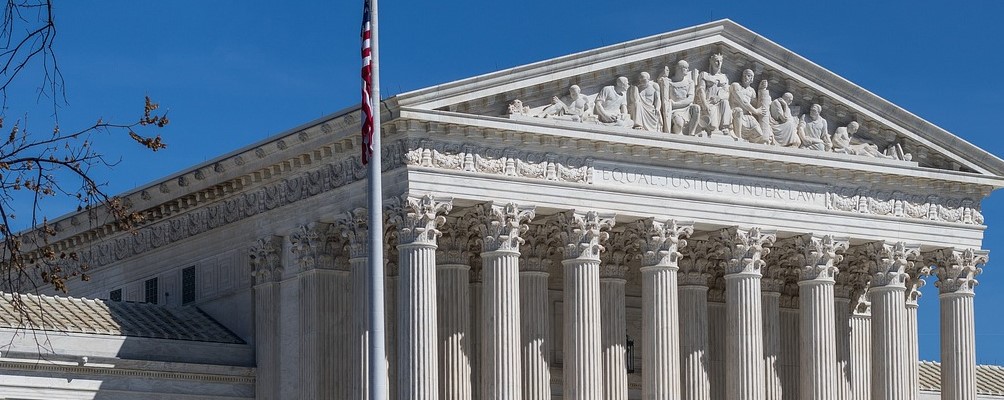
US Supreme Court Whistleblower Ruling
US law protects whistleblowers who come forward to report illegal company activity. And in a recent Supreme Court ruling, another layer of whistleblower protection has been solidified. See why this latest unanimous Supreme Court decision is a wide-reaching decision that not only impacts the offending company but reinforces statutes for any business to follow in 2024.
The Details of the UBS Securities Case
A former research analyst for UBS Securities sued the firm back in 2012, claiming he had been fired for complaining about internal pressure to alter reports. Trevor Murray cited that he’d been asked to “write what the business line wanted” despite telling a supervisor that it would be illegal and unethical to do so. As a result of his non-compliance with the company’s request, Murray claimed he was fired. The Murray v. UBS Securities, LLC case concluded in Murray’s favor in 2017 when a jury sided with him. However, in 2022, a US Court of Appeals sided with the firm, finding that Murray “failed to show he was a victim” of explicit “retaliatory intent.”
The Supreme Court Rules in Favor of the Whistleblower
In recent weeks, the case came before the US Supreme Court. And the final decision ruled in the former Manhattan-based analyst, reinstating his initial victory. The ruling means UBS Securities has to pay $900,000 in damages and back pay. Whistleblowers don’t have to prove they were terminated because of “retaliatory intent,” the Supreme Court said in its decision, reinstating a win at trial for analyst Trevor Murray. According to the Supreme Court ruling, any business that treats an employee “worse because of whistleblowing” has officially committed an act of “actionable discrimination.” The ruling means UBS must pay Murray about $900,000 in back pay and other damages.
Why This Is a Significant Win for Whistleblowers
For whistleblowers, this is a significant victory. And it reinforces the relief available under the Sarbanes-Oxley precedent. It protects individuals who want to come forward as well as those who seek damages for retaliation as a result of their coming forward.
Critics of the ruling say this decision “lowers the bar” for those employees who seek to sue their employers, citing Sarbanes-Oxley and similar statutes. According to Sarbanes-Oxley, employers can’t fire or retaliate against workers because of whistleblowing. Additionally, employers are burdened with demonstrating how they would have arrived at the same personnel decision even if the employee hadn’t been a whistleblower.
What It Means for Your Company
So, what does this recent US Supreme Court ruling mean for your business? According to the Supreme Court, companies will be sheltered from lawsuits so long as they can show ethical motivations behind their employment decisions – namely, demonstrating adverse actions would be the same regardless of whistleblowing activities.
It also serves as a reminder that today’s companies have to be mindful of whistleblowing regulations that protect employees. And upholding statutes like Sarbanes-Oxley is paramount. Prioritizing ethical standards and ethics policies has to continue to be a leading factor in any company culture.
Ethics Matters – Ethical Advocate Can Help
If your company needs guidance and support for improved ethics and whistleblowing policies, consider an ethics hotline. As an anonymous channel for reporting, your company can remove the retaliation component of any report. And Ethical Advocate can help develop your ethics hotline efforts. Contact us today!
